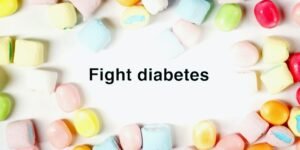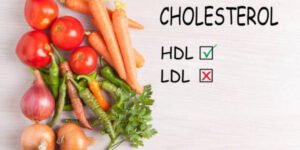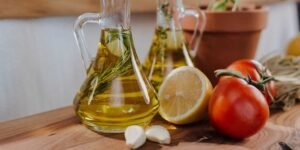
Recommended Health Food for Men. Improve Your Sex Performance
There are many types of men’s health foods. Some nutrients are emphasized to enhance physical strength, replenish essence and impotence, while others are claimed to improve menopausal symptoms. How do you choose men’s health foods that are suitable for you or your family? We have sorted out the top 11 men’s health foods for you, and at the end of the article details the various nutrients and health foods that men of all ages need according to their different needs to help you find the most suitable products.
1. Zinc
Men generally suffer from insufficient zinc intake after the age of 13, but what exactly is zinc supplement for men? In fact, zinc can increase the concentration of testosterone, thereby improving male sexual desire and sexual function, and participates in the production of sperm, affecting the quality of sperm. It is suitable for men who are preparing for pregnancy, need aphrodisiacs, or want to increase their physical strength.
Adult men need to take in 15 mg of zinc every day, and women need 12 mg. The representative food containing zinc is oysters. Every 100 grams of oysters contains 10 to 15 mg of zinc. Other foods such as seafood, red meat and nuts also contain zinc. Rich in zinc
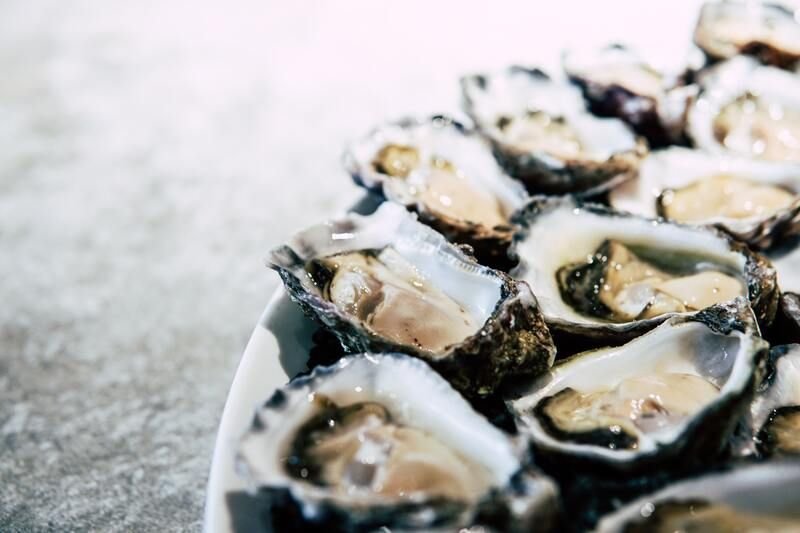
2.Calcium
Men generally have insufficient calcium intake. Up to 96% of men aged 19 to 30 have insufficient calcium intake, 92% of men aged 31 to 50 have insufficient calcium intake, and 84% of men aged 51 to 70 have insufficient calcium intake.
The key to preventing osteoporosis is not only to absorb enough calcium during the bone growth period before the age of 30 to store bones, but also to actively absorb calcium in middle-aged and elderly people to slow down the rate of bone loss. National Health Service of the UK recommended adults aged 19 to 64 and over need 700mg of calcium a day. You should be able to get all the calcium you need from your daily diet. Food with rich Calcium increases bone mass and maintains bone density.
Elders who have had a fracture, especially a hip fracture, may also be at increased risk of osteoporosis
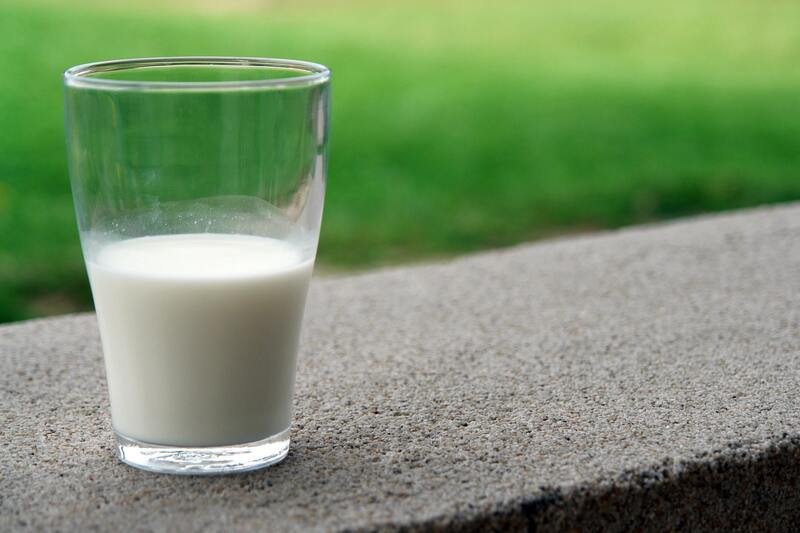
3. Magnesium
This means that, including the number of undiagnosed people, there is estimated to be over 4.8 million people living with diabetes in the UK at present. This represents 6% of the UK population or 1 in every 16 people having diabetes (diagnosed and undiagnosed). According to diabetes.co.uk About 25% of diabetic patients suffer from hypomagnesemia (insufficient magnesium). Therefore, male patients with type 2 diabetes or elderly males with insulin resistance can timely supplement magnesium to improve the body’s glucose tolerance and enhance glucose tolerance.
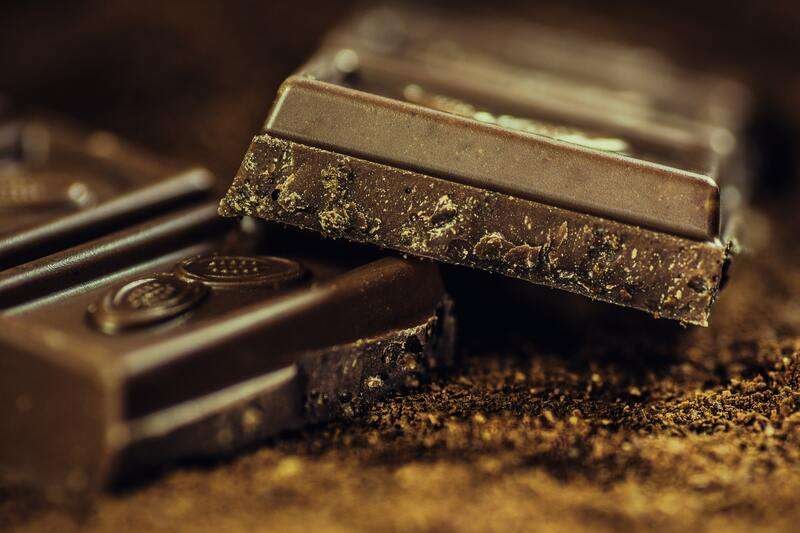
4. Maca
Maca, also known as “Peruvian ginseng” or “Inca radish”, originates from the Andes Mountains in Peru, South America. It is a cruciferous plant. The main edible part is the root of Maca. Maca is rich in fiber and has a large amount of Essential amino acids, fatty acids and other nutrients, including vitamin C, copper, iron and calcium, as well as bioactive compounds beneficial to the human body.
A 2020 study found that taking 2 grams of maca daily for 12 weeks significantly increased semen concentration but had no significant effect on semen volume, sperm motility, and morphology; therefore, whether maca can improve male or female sexual desire Infertility, sexual dysfunction or infertility still needs more research to confirm.

5.Arginine
As men age, their sexual performance may not be as good as before. Taking supplementary oral arginine can help improve blood circulation and improve sexual dysfunction. In addition, oral arginine can also lower blood pressure.
People with liver or kidney dysfunction cannot metabolize arginine, so patients with liver or kidney dysfunction should consume it with caution or consult a physician before consumption.
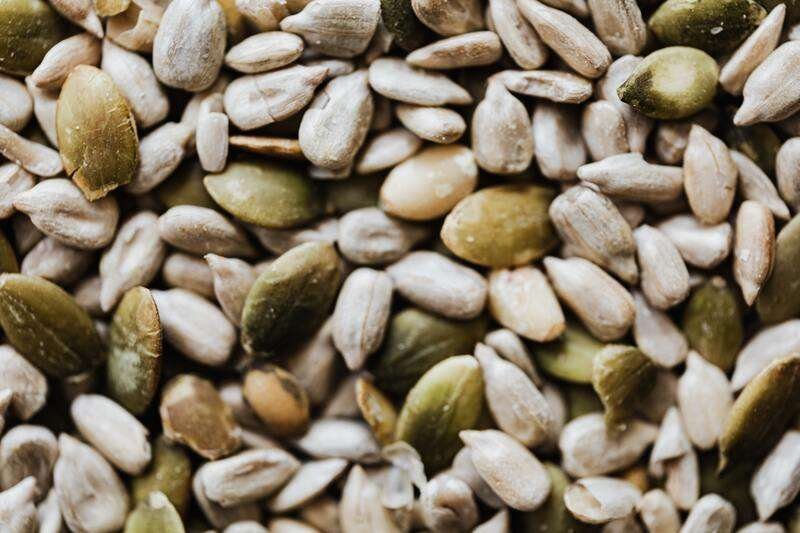
6.Folic acid
According to statistics the folate deficiency rate among male elders is slightly higher than that among women. In the age group of 65 to 74 years old, the folic acid deficiency rate among men is 8.67% and that among women is 2.26%. For men over 75 years old, the folic acid deficiency rate is 7.32% and 2.32% respectively. ; Folic acid deficiency is highly correlated with stroke and cardiovascular disease, which are more common in the elderly.
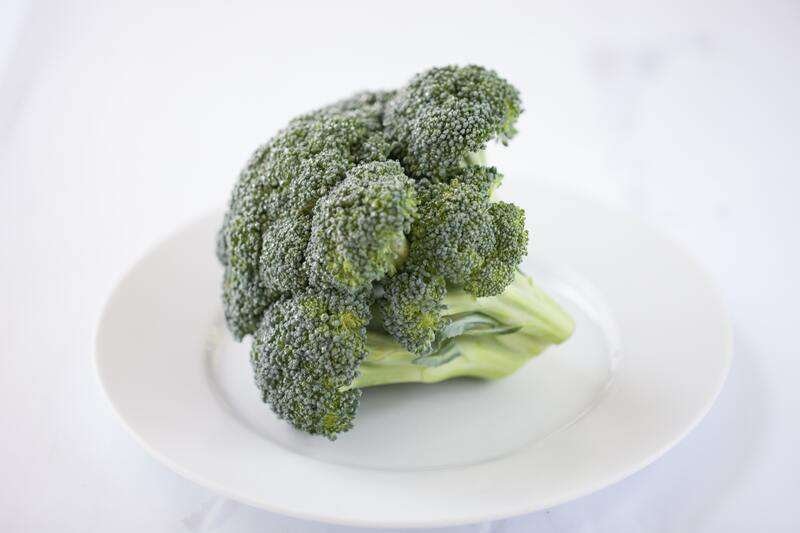
7.Fish oil
- The obesity rate among men aged 35 to 44 is as high as 70.4%. The most obese age group is men aged 35 to 44, with a proportion as high as 70.4%.
- More than 50% of male employees eat out for breakfast and lunch every day. More than 50% of male employees eat out for breakfast and lunch every day. However, eating out can easily lead to excessive intake of calories, especially alcohol, fat, sugar and other foods, which can easily lead to high blood lipids and increase the risk of hyperlipidemia.
Blood lipids are fats in the blood, mainly including cholesterol and triglycerides. By ingesting fish oil rich in Omega-3, triglycerides in the blood can be reduced. It is suitable for men who are busy with their careers or have obesity problems.

8. Red yeast rice
In addition to triglycerides, high total cholesterol in the blood can also cause hyperlipidemia. Monacolin K (also known as red yeast rice) produced after fermentation of red yeast rice can inhibit cholesterol synthesis in the body, help reduce blood lipid concentration, and reduce the risk of hypercholesterolemia, arteriosclerosis, and cardiovascular disease.
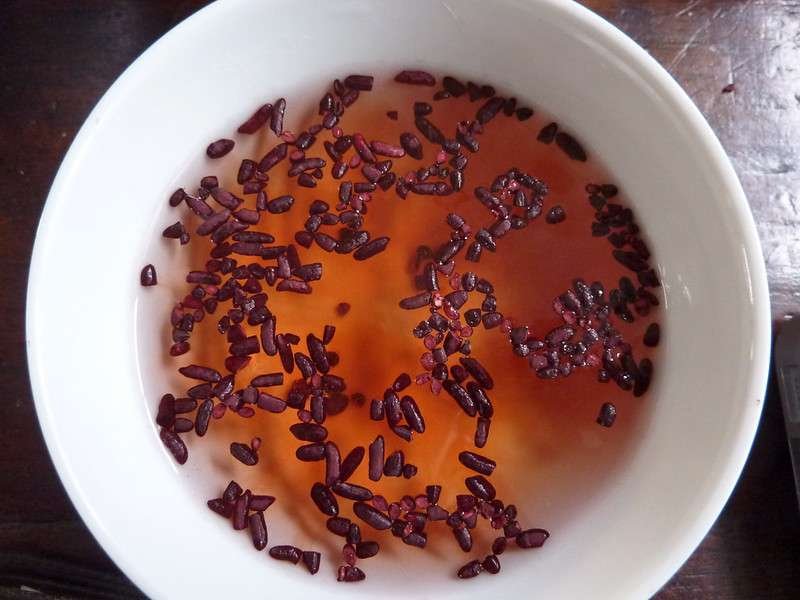
9.Vitamin B complex
Vitamin B complex not only helps maintain brain function and the operation of the nervous system, but also helps improve fatigue problems caused by long-term stress; in addition, vitamin B complex is also helpful for cardiovascular health, which is good for people who work long hours and have no time to exercise. For men, cardiovascular health needs to be paid more attention to.

10.Pumpkin seed oil
As age increases, the chance of male prostate hypertrophy also rises. About 50% of men aged 51 to 60 have prostate hypertrophy, and about 70% of men aged 70 years old.
Pumpkin seed oil is rich in antioxidants and helps fight aging and inflammation. A foreign study found that 60 men with prostate hypertrophy took 350 mg of pumpkin seed oil daily for 12 weeks. The symptoms of prostate hypertrophy have been significantly reduced, and the International Prostate Symptom Score (IPSS) score has dropped by an average of 30%. However, there is still little information about the effectiveness and optimal use of pumpkin seed oil in treating prostate hypertrophy. There is currently no unanimous conclusion in the medical community regarding dosage.
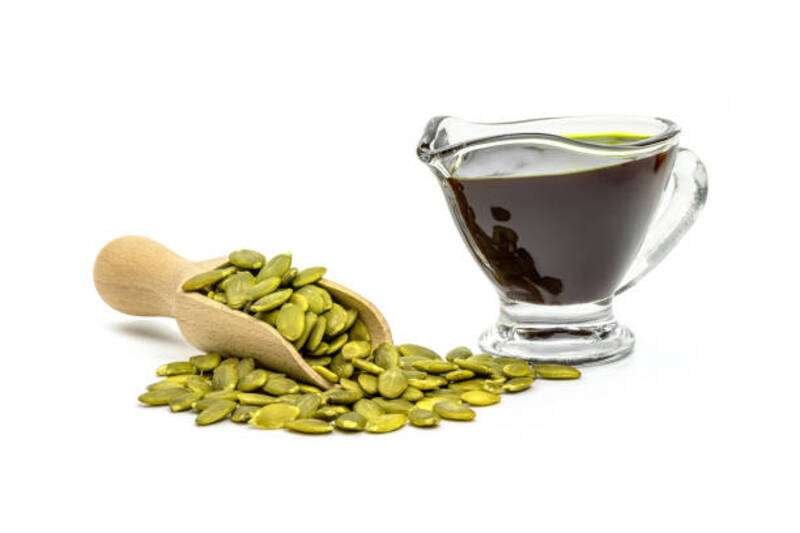
11.Lycopene
Lycopene can resist oxidation and reduce the incidence of cardiovascular diseases. A study found that taking 30 mg of lycopene every day for 12 weeks can help reduce urinary disorders, and the higher the dose, the more obvious the effect. , the average improvement rate can exceed 30%.
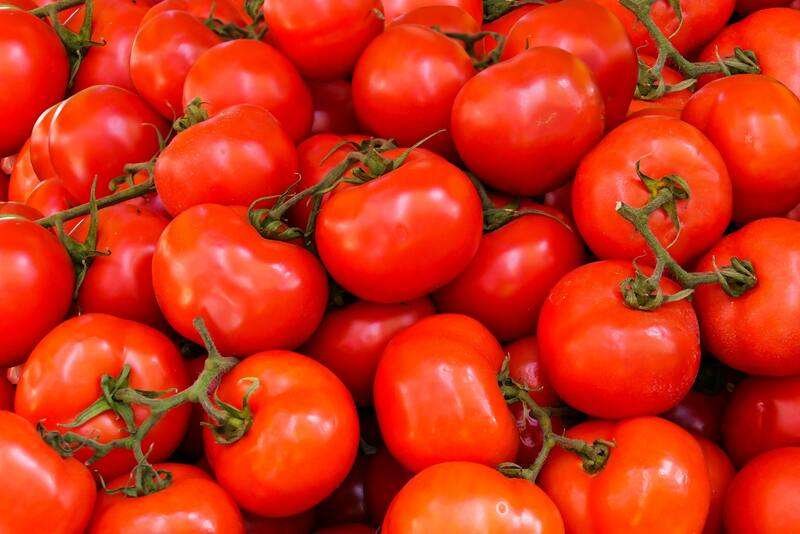
Men’s Health Food: Recommended Ingredients for All Ages
Men of different ages need different nutrients. Men in their 30s and 40s need to prepare for pregnancy, so they can supplement more nutrients to strengthen sexual function and improve sperm quality. Men in their 40s and 50s are in the sprint period for their careers, and their physical strength and health are not enough. Negligence; those over 50 years old face menopause and various chronic diseases that are common in middle-aged and elderly people. They can increase their intake according to their personal health conditions and diseases.
The following is a summary of various nutrients and health foods that men of all ages may need:
Men aged 30~40
- Preparing for pregnancy: zinc, maca
- Improve physical strength: B complex, zinc
Men aged 40~50
- Boost energy: B complex, zinc
- Cardiovascular protection: fish oil, red yeast rice
- Diabetes: Magnesium, Chromium, Zinc, Manganese, Potassium, Vitamin D, B6, B12
Men over 50 years old
- Boost energy: zinc, maca
- Cardiovascular protection: fish oil (reduces triglycerides), red yeast rice (reduces total cholesterol retention), folic acid
- Menopause: zinc, selenium, magnesium, vitamin D
- Osteoporosis: calcium, magnesium, vitamin D
- Urinary disorders: zinc, lycopene, pumpkin seeds



